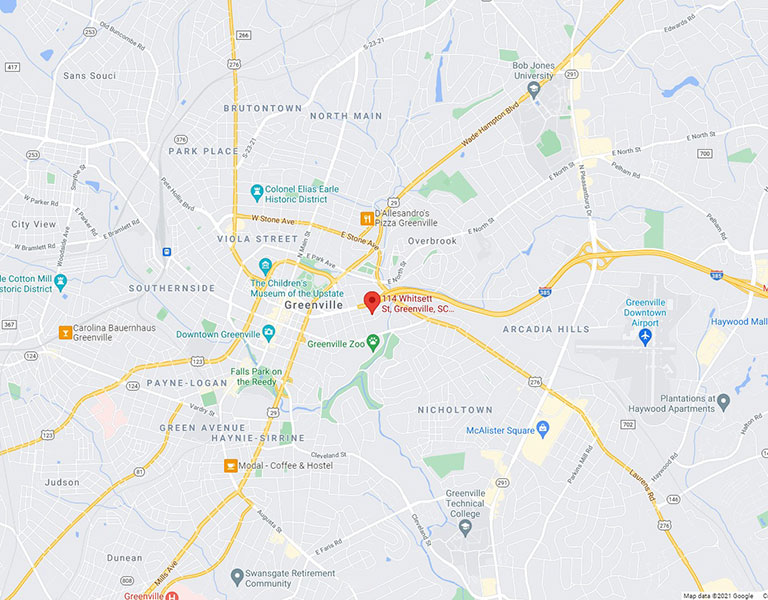Unless you understand your rights when interacting with law enforcement officials, what could otherwise be a simple traffic stop has the potential to lead to big trouble. Authorities must have a warrant in order to search your residence without your permission to do so. However, things work somewhat differently when they want to search your vehicle.
Law enforcement officials need at least one of three things to search your car. They need your consent, a warrant or something called probable cause.
Defining probable cause
For authorities to have probable cause to search your car or truck, they must have some type of proof or evidence of wrongdoing. Seeing drugs or drug paraphernalia on your backseat may constitute probable cause. Even smelling something illegal could be enough for an officer to lawfully search your vehicle. Seeing stolen property in your vehicle is another example of something that may constitute probable cause.
Reacting in the absence of probable cause
Without a warrant or probable cause, you maintain the right to refuse a law enforcement officer’s search request. They may not tell you this, though, so make sure you are loud and clear when making it known that you do not consent to the search.
When doing so, and when interacting with authorities in general, it almost always serves you well to exercise patience and remain calm and courteous. Doing anything else may escalate matters. If you do not consent to the search and the officer does not have a warrant or probable cause to search you, politely ask if you are free to leave.


